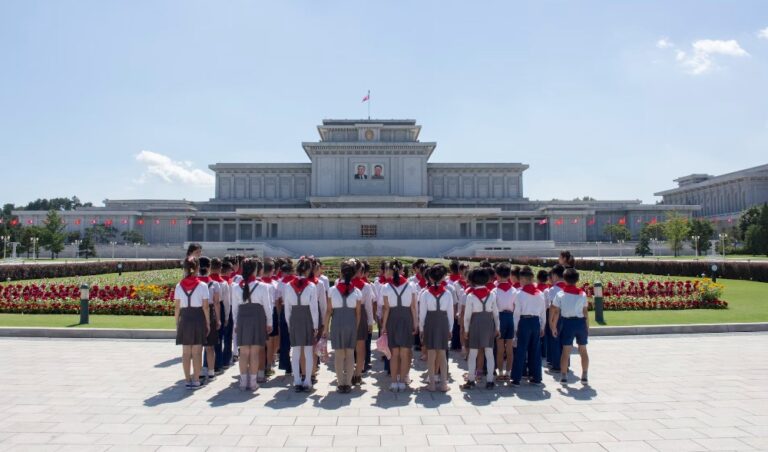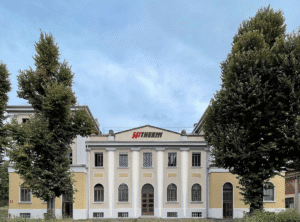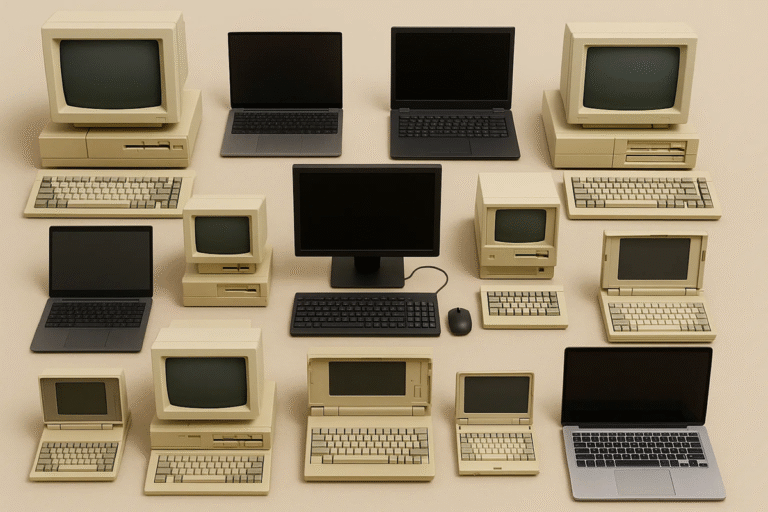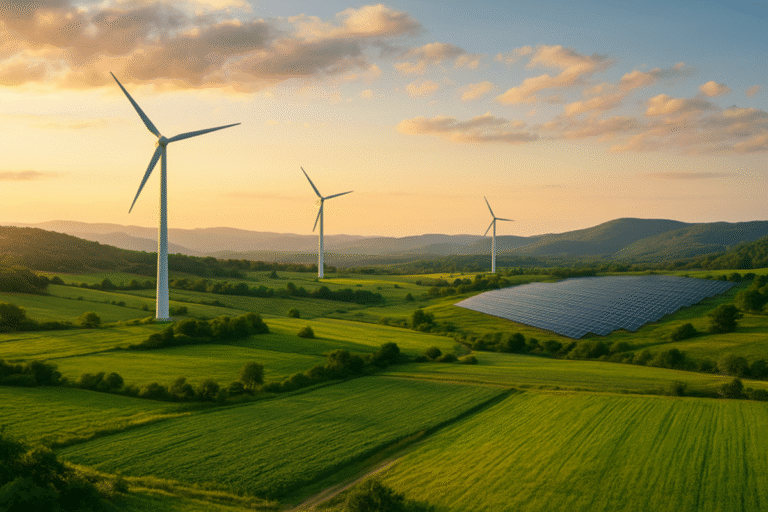With a population of 25.97 million, North Korea is not only famous for its constant missile launches, parades, and nuclear threats. But also for the critical issues found by many international agencies, from health care to education to mobility itself.
To many, North Korea is perhaps the most closed and authoritarian country in the world. Yet the country is still standing, with millions of people living their lives every day.
But how does one manage to live in such a country?
Table of Contents
What life is like in North Korea
We are talking about a country that is nothing like Western South Korea. In all aspects, including having a personal Korean if you are an expatriate. Appointed by the Foreign Ministry, he has to check that you follow the rules.
For the population, the huge state control machine is competent, which has millions of security officers and military personnel under its belt (the army alone exceeds one million).
For those who live there as natives, the situation is like this:
- stores not always open and stocked;
- prohibition to connect to the Internet and very limited web freedom;
- mandatory access to the state intranet;
- poor road and highway maintenance;
- reduced urban development (buildings are 30 years behind).
The inhabitants each day must follow public work shifts (routine unpaid maintenance), in addition to the work affiliated with them by the state. Play activities are centralized, and all at the discretion of the authorities. If labor is required for an area, the inhabitant must suspend their work and provide support.
Healthcare is free and enshrined in the Constitution, but due to lack of investment in the sector many must rely on facilities subject to blackouts and drug shortages. In the case of specialist visits, those in the wealthier segments enjoy better health care provision.
At the level of mobility, the population is subject to very sweeping controls, even for travel or sporting events, although there was no shortage of cases where North Korea’s borders were opening up. Automobile ownership is more found by the highest political authorities, partly because the government itself restricts access to fuel.
The situation for tourists and foreign residents is different. If the foreign resident has only a Korean “companion,” the tourist is always accompanied by a guide or two. Who, leads him or her on a forced route, including places to eat and sleep, stores to enter, or vehicles to use.
However, both are subject to the control of the intelligence services. Which can chase and spy on any person at any time, from the foreign resident to the tourist to the native.
What are the rules to follow in North Korea
As recounted earlier, the native resident is required to support state and Party activities and cannot oppose them. Activities range from simple maintenance to support in strategic sectors (e.g., agriculture), as long as the state provides for it. If native, it is virtually impossible to leave the country, and internal travel must be justified.
Free expression, while provided for in the Constitution, should not lead to criticism of Kim Jong-un’s personality cult or the socialist lifestyle advocated by the Party.
Criticism of the government or the president is absolutely prohibited. And those who make such statements risk being arrested and imprisoned in “re-education camps.”
The government controls the media, and citizens are prohibited from receiving information from media outlets in other countries unless they face extremely harsh penalties
And the same goes for other civil liberties, such as religion or free love. In the case of homosexuality, which is a taboo in the country, there is no penalty. But any manifestation of one’s sexual identity is forbidden.
Many escapees have even reported forced marriages to people of the opposite sex. Since for the government, homosexuality does not exist in North Korea.
Read also: Exploring the most corrupt countries in the world: the ranking
What people eat in North Korea
In terms of nutrition, North Korea, partly due to Chinese and Japanese influences, there is frequent consumption of fish, but also meat particularly beef. Undeniable is rice as the staple food, as well as vegetables such as cabbage, onions, turnips, and other seasonal vegetables.
But this diet is not always a guarantee for the population. Due to countless famines since the 1990s, hundreds of thousands have died. Perhaps between 800,000 and 1.5 million people between 1994 and 1998 from starvation alone.
Accomplice also to the North Korean government’s blockade of humanitarian aid, financial support from entities such as the IMF, and even simple importation of foodstuffs, the supply is also poorly distributed throughout the territory. If the population spends between 75 and 85 percent of its income on food, a state farmer only one-third, having greater access to foodstuffs.
In recent years, the government has mandated food distribution according to two main channels, including the PDS (Public Distribution System). Distribution is on a monthly or biweekly basis, and on a census system.
In the case of incarcerated people, provision is almost nonexistent, sometimes even as a form of death penalty or torture (forced fasting).
Yet the population is happy and supports the Party, even if there is no shortage of cases of fugitives. Even within North Korean institutions themselves.
Read also: Russia-North Korea deal and the new nuclear weapons plan: what we know












